hàn
Chinese people
Phonosemantic compound. 氵 represents the meaning and 𦰩 represents the sound.
Components
Evolution

Bronze script
Late Spring and Autumn (~500 BC)
Seal script
Shuowen (~100 AD)
Clerical script
Eastern Han dynasty (25-220 AD)Regular script
ModernDefinitions
Most common words with 漢
Freq. | Word | Meaning |
|---|---|---|
man | ||
Wuhan city on Changjiang, subprovincial city and capital of Hubei province | ||
Hamburg (German city) | ||
Hanseong, former name of Seoul (capital of South Korea), replaced in 2005 with 首爾|首尔[Shǒu'ěr] | ||
Chinese language |
Sources
